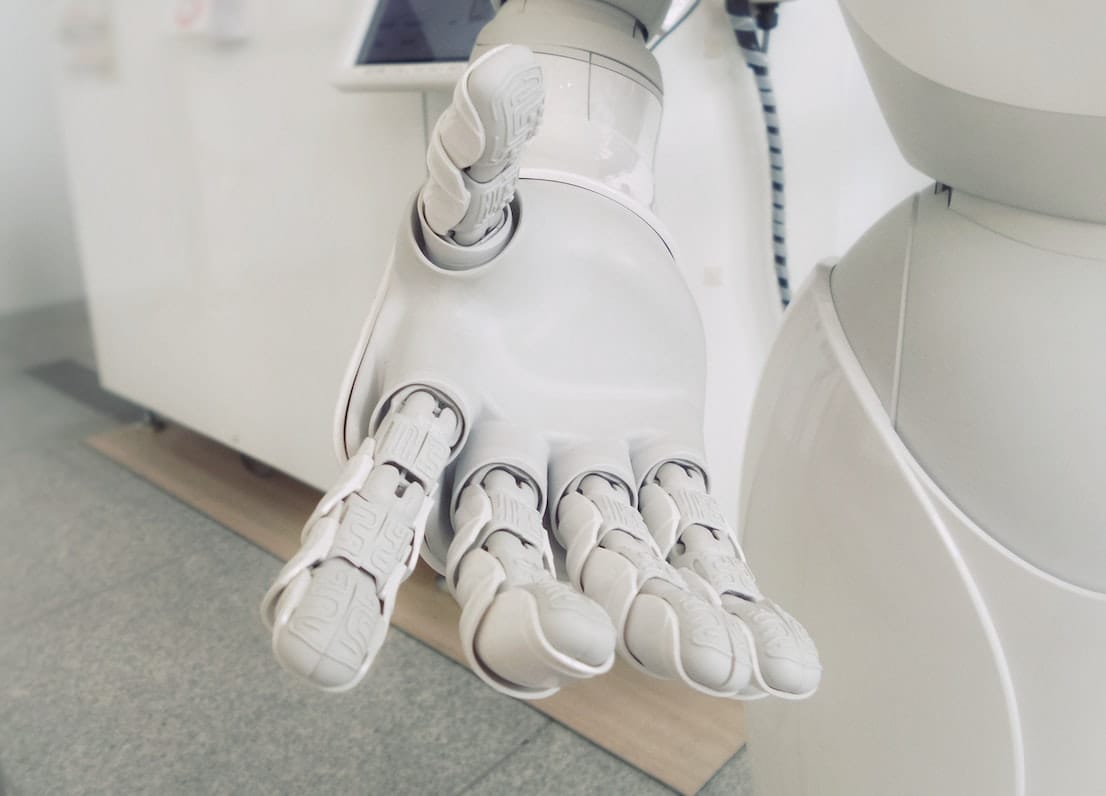Preventive Healthcare
AI in Healthcare: Exploring its Role and Impact
1337 Views
0

AI technology has become a modern solution to digital and corporate complications. Almost every digital sector has adapted itself to AI. Its global market is expected to reach $8 billion in 2016. It is also changing treatment methods in healthcare services by upgrading digital equipment.
The growing modernisation of the latest equipment in healthcare services has helped doctors and medical staff to ease out the mechanical complexities. Moreover, the incorporation of AI technology in medical equipment in the different treatment processes is helping doctors treat patients more efficiently. Easy and early detection of cancer and other life-threatening diseases helps in the early initiation of treatment, thereby reducing the chance of fatalities.
What is AI Technology?
AI stands for Artificial Intelligence, a 21st-century invention to simplify complex lifestyles. It is an advanced solution that works under the principle of human intelligence and perception but in computer systems. The simulation of human intelligence is used in analysing, processing, and data entry of different data. Moreover, AI is also used in language interpretation and machine learning.
Role of AI technology in Healthcare and Diagnostics
AI is reshaping the concepts and methods of modern treatment procedures. As per Dr. Kirti Chadha Chief Scientific Officer, Metropolis Healthcare Limited, AI and Machine Learning have significantly impacted the healthcare sector. Medical professionals can now avail of various facilities like standardized laboratories, decision support software, predictive biomarkers, and automated medical test analysis. You can spot some of the key roles performed by AI in healthcare and diagnostic services:
- Accurate Results in Cancer Diagnosis: Cancer is a painful, life-threatening disease. With the help of AI, doctors and pathologists can accurately diagnose cancer in a patient at an early stage. Moreover, AI offers newer techniques for cancer cases and increases a patient's life expectancy.
- Diagnosis of Fatal Blood Diseases: With the help of AI mechanisms in modern microscopes, doctors can easily detect harmful substances and bacteria in a blood sample. The machines are prepared to detect fatal blood diseases at an early stage with repeated scanning and experiments with AI tools. The accuracy is much more appreciated than the manual scanning process.
- Assistance in Virtual Health: AI applications help healthcare staff to send regular messages to patients, remind them of their appointments and clear their inquiries. Thus virtual healthcare services reduce the extra crowd in hospitals without causing any inconvenience to patients.
- Robotics Surgery: AI has proven to be a superstar in robot-assisted surgeries. Robots integrated with mechanical arms, cameras, and other surgical instruments assist doctors in performing critical surgeries on the heart, kidney, eyes and brain. These tools are used for maximum precision, control and flexibility. Moreover, the 3-D view of the surgical area gives doctors a better understanding of the case.
- Better Treatment: With accurate data, reports, and early detection of diseases, AI has helped in the better treatment process of doctors. Earlier, a disease was hard to detect, but now, people do not worry about their diseases if detected early.
- Image Diagnosis Automation: With deep learning technologies and programs, AI applications equip themselves to analyse complex medical images. AI applications now produce clear CT scans and MRI reports. Hence, doctors can deliver even better performances.
- Fewer Dosage Errors: AI applications also help measure the correct dosages for every patient. Therefore, accurate measurement of medicines causes a lesser chance of errors.
- New Medicines: It might be hard to believe, but AI applications help develop new medicines. Doctors can scan pre-existing medicines to cure new diseases while new medicines are being developed. This is also cheap and less time-consuming.
- Easy Medical Access: Patients can now easily connect with healthcare professionals via different software. Moreover, patients can book appointments online and even carry out routine follow-ups through online chat.
- Better Trial Results: A trial collects numerous data, creating hundreds of reports and other numerical actions. Hence, manual work raises the possibility of unintended errors. Contrary to that, AI applications are specially designed to collect errorless data and report and analyse trail reports. Hence, an errorless trial result helps healthcare professionals to reach an accurate conclusion regarding any disease.
- Reduced Non-Medical Tasks: Healthcare staff has to perform numerous tedious jobs like data entry, filing reports, scheduling each doctor's routine, etc. With proper machine learning and assured training, AI applications can minimise the workload while the staff can engage in productive tasks.
Disadvantages of AI in Healthcare Services
Although all the above-said roles of AI are various advantages, AI has certain limitations. AI might showcase the following disadvantages to healthcare services:
- AI algorithms without proper training in crucial medical data can be disastrous for healthcare divisions.
- A patient's medical data is the most important in any healthcare and diagnostic centre. Machine-run AI technology may cause glitches and alter normal functioning.
- AI has a long way to go to replace human trust in the healthcare division.
- AI promotes risks to the privacy of a patient's personal and medical data.
Conclusion
The advancement of science and technology is a blessing to healthcare services. Doctors and other medical staff can pace up tedious tasks like data entry or reporting on any test. Moreover, AI technology provides accurate and precise data for any tests or trials, reducing the possibility of unfortunate errors.













1701259759.webp)









 WhatsApp
WhatsApp